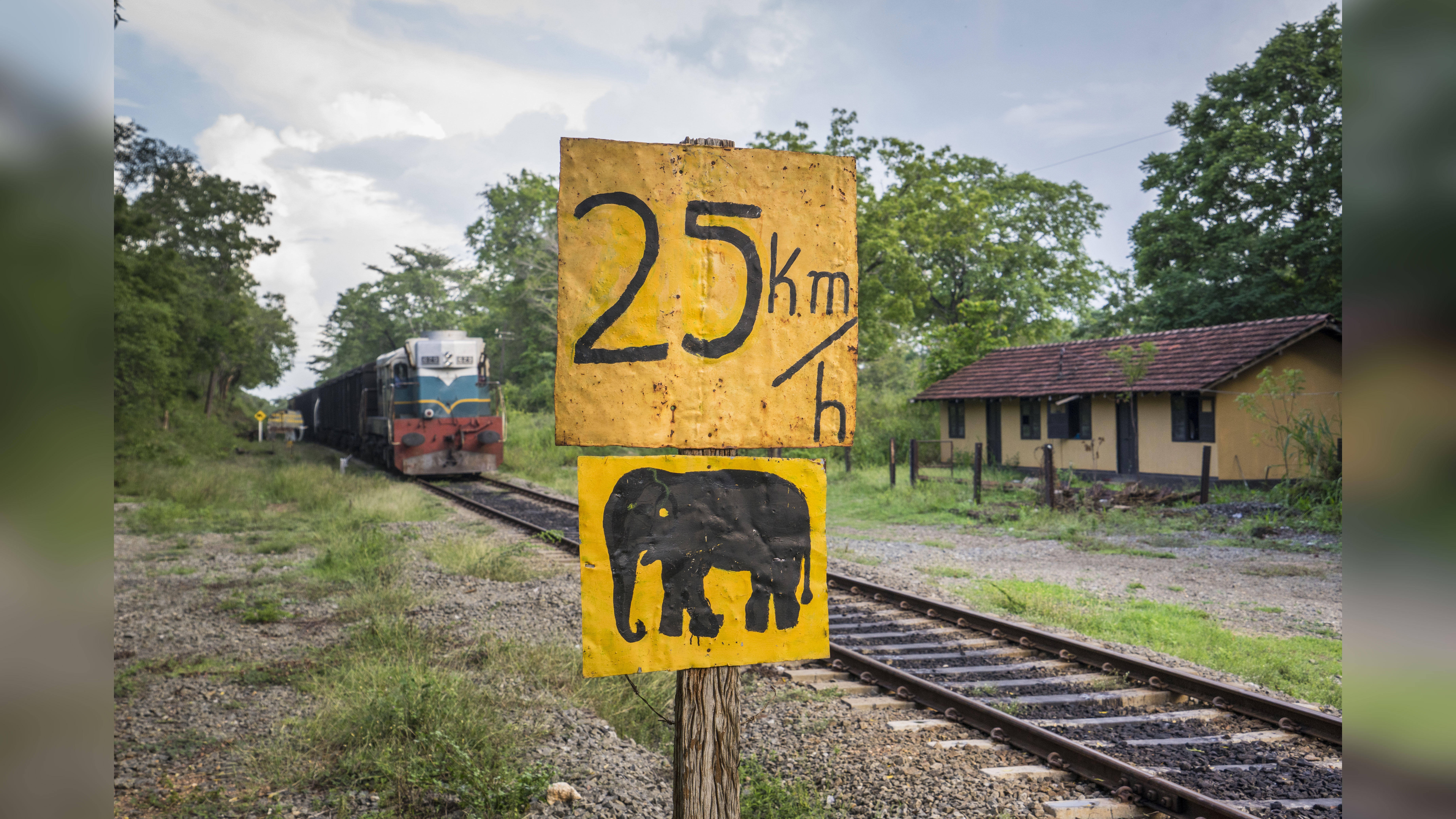AI cameras help avert tragedy in India by preventing herd of elephants being killed by a train
75 elephants were killed by trains in India between 2018 and 2023, and officials are now using AI tech to save their lives

Thermal imaging cameras have been hitting the news for a range of reasons recently, from helping save lives out at sea, to helping people slash their heating bills by detecting where their houses are losing the most heat.
Now, the use of AI-powered thermal imaging cameras has prevented the massacre of a family of 28 elephants, including calves.
The herd was walking along the Bandhamunda-Barsan railway track in Rourkela, northeast India, frequented by heavy goods trains, at around 19:00 on Saturday. The AI cameras were originally installed in similar locations across India to catch poachers – on detecting the family, the camera sent an alert with precise location details and photographs to the control room of both the forest department and the railways.
The railway department was then able to immediately send an alert to the nearest goods train, delaying it by 30 minutes at its closest station, allowing the elephants to cross the tracks safely.
“Within minutes of receiving the image and location, it was decided that the incoming train be delayed by half an hour at the nearest railway station at Lathikata,” divisional forest officer, Jasobant Sethi, told The Times of India. “We coordinated with the railway as well to ensure the elephants could cross the track before the train’s arrival.”
He added that the team also used 360° cameras that helped them see when the elephants had safely crossed the tracks, and when the train could pass through.
There are only 30,000 elephants left in India, and acording to a government estimate, 75 elephant deaths were caused by train collisions across the country between 2018 and 2023.
Get the Digital Camera World Newsletter
The best camera deals, reviews, product advice, and unmissable photography news, direct to your inbox!
In 2021, in the state of Tamil Nadu, the high court ordered the forest department and railways to prevent elephant deaths on the tracks. This prompted its forest department to install 12 towers, complete with AI cameras capable of thermal and visible light imaging, and live viewing, along an area of track known to intersect with the elephants’ migratory route to neighboring forests.
Four people constantly monitor the system and when elephants are detected within 100ft of the railway, alerts are sent and trains are told to slow down or divert. The project has cost the state 72.4 million rupees (approximately $853,000 / £672,000 / AU$1.34 million), but within months of being implemented, the AI system detected nearly 400 instances of elephants on railway tracks, preventing potential accidents.
Cameras and AI technology are being increasingly used in wildlife conservation as new innovative devices are being developed. In African countries like Gabon, Kenya, and Botswana AI camera systems are also being used for elephant conservation efforts.
You may also like…
Take a look at our guides to the best thermal imaging cameras, the best 360 cameras, and the best trail cameras.

After graduating from Cardiff University with an Master's Degree in Journalism, Media and Communications Leonie developed a love of photography after taking a year out to travel around the world.
While visiting countries such as Mongolia, Kazakhstan, Bangladesh and Ukraine with her trusty Nikon, Leonie learned how to capture the beauty of these inspiring places, and her photography has accompanied her various freelance travel features.
As well as travel photography Leonie also has a passion for wildlife photography both in the UK and abroad.
